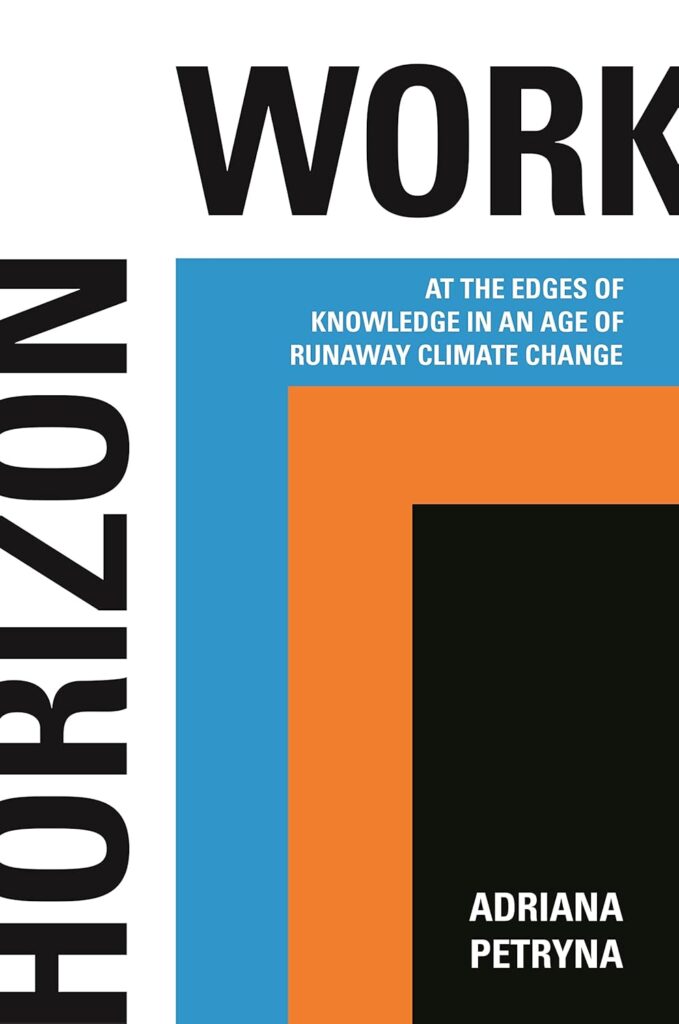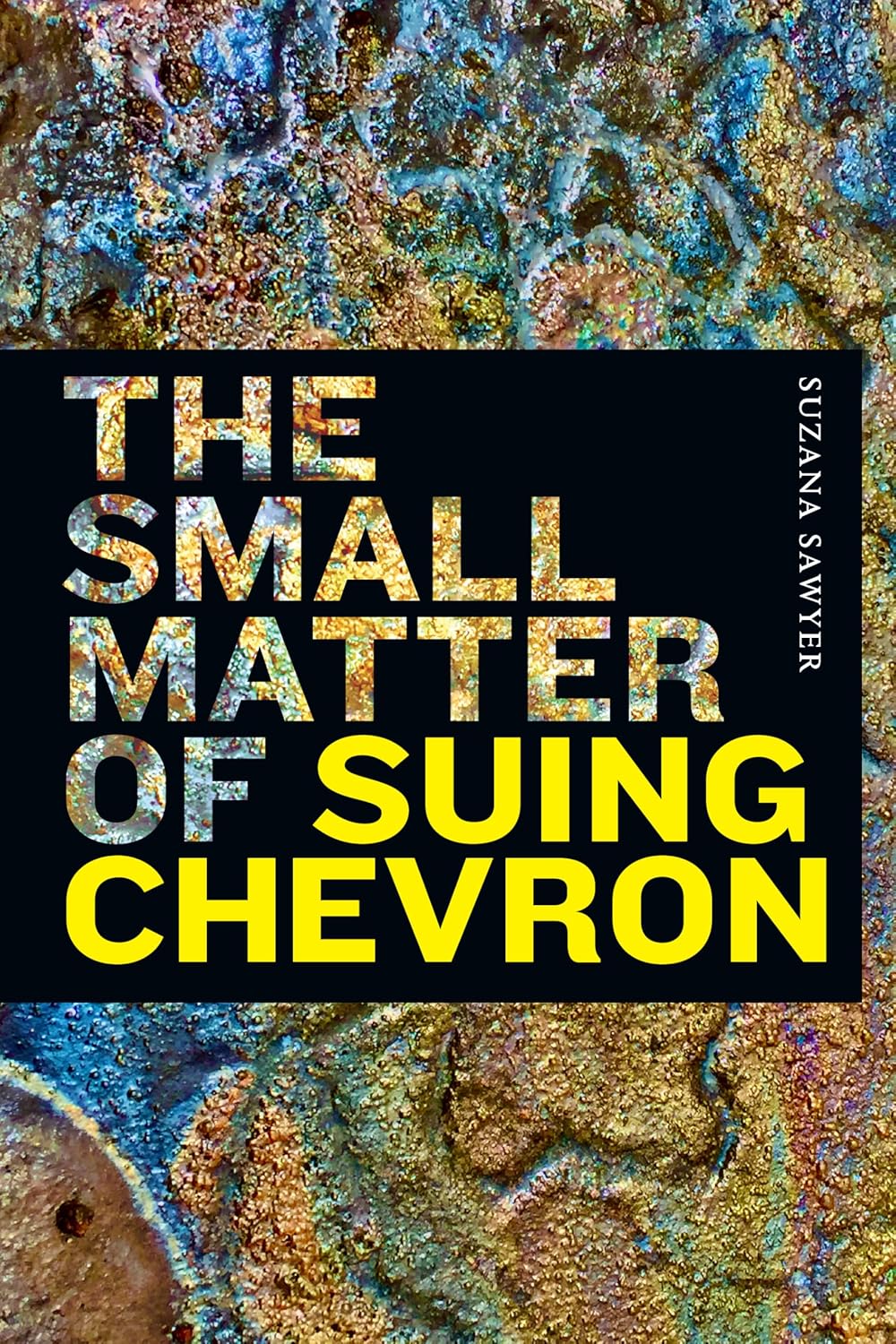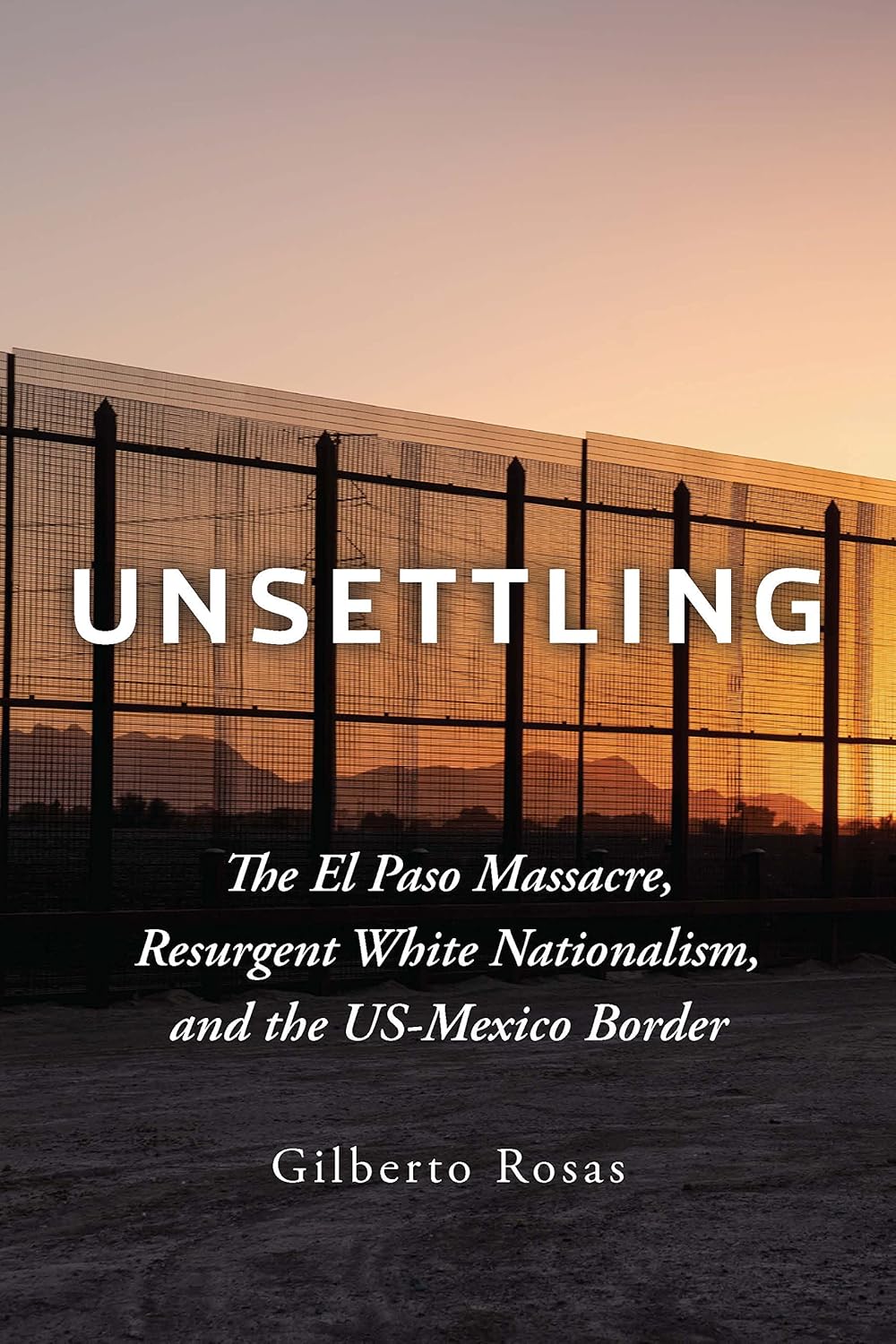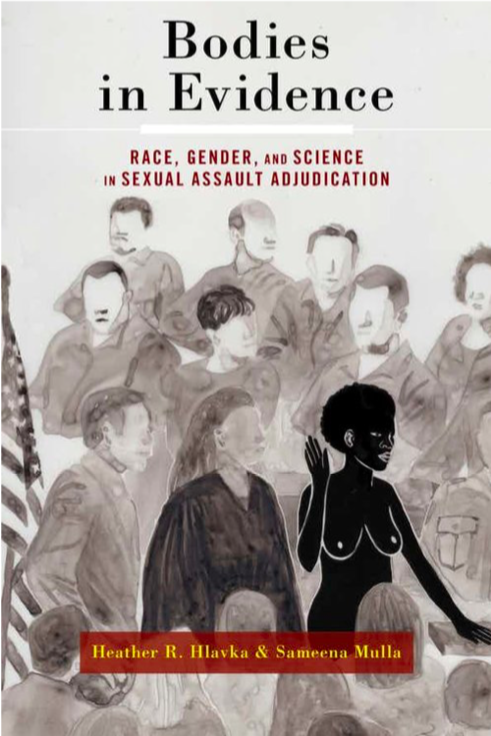2024 Joint Winner
Horizon Work: At the Edges of Knowledge in an Age of Runaway Climate Change
by Adriana Petryna
Prize Committee: Daromir Rudnyckyj (University of Victoria, chair), Sameena Mulla (Emory U), and Brandon Hunter-Pazzara (Georgetown U)
 This deeply engaging and lucidly written work is a ground-breaking exploration of the existential, conceptual, and methodological challenges posed by runaway climate change. Petryna’s considerate analysis and vivid ethnographic account of the everyday efforts of firefighters, wildfire scientists, fire managers, and Native American forest protectors serves as an urgent call for interdisciplinary, collaborative approaches to understanding and mitigating climate impacts. Horizon Work adroitly merges empirical research with theoretical innovation, presenting the innovative concept of “horizoning” as a critical analytical tool for reimagining the possibilities of anthropological engagement with climate crises. Horizon Work calls on anthropologists to reassess our methodologies, ethical responsibilities, and the potential for collaborative resilience in the face of unprecedented environmental challenges. It is an exemplary model of anthropological scholarship that is both deeply informed by the latest developments in the interdisciplinary field of climate studies but also accessible to a broad public audience. Petryna’s writing is exceptionally clear, making complex theoretical and scientific concepts and the reality of climate change comprehensible to readers inside and outside academia.
This deeply engaging and lucidly written work is a ground-breaking exploration of the existential, conceptual, and methodological challenges posed by runaway climate change. Petryna’s considerate analysis and vivid ethnographic account of the everyday efforts of firefighters, wildfire scientists, fire managers, and Native American forest protectors serves as an urgent call for interdisciplinary, collaborative approaches to understanding and mitigating climate impacts. Horizon Work adroitly merges empirical research with theoretical innovation, presenting the innovative concept of “horizoning” as a critical analytical tool for reimagining the possibilities of anthropological engagement with climate crises. Horizon Work calls on anthropologists to reassess our methodologies, ethical responsibilities, and the potential for collaborative resilience in the face of unprecedented environmental challenges. It is an exemplary model of anthropological scholarship that is both deeply informed by the latest developments in the interdisciplinary field of climate studies but also accessible to a broad public audience. Petryna’s writing is exceptionally clear, making complex theoretical and scientific concepts and the reality of climate change comprehensible to readers inside and outside academia.
This inspirational book also powerfully pushes back against catastrophic thinking and end-of the-world panic in the face of accelerating climate change. While addressing the irreversible dynamic of climate change and the destructive impact of colonial violence on human capacity to respond to climate change, Petryna suggests a positive trajectory towards safeguarding the planet for future generations. She argues that doing so requires continuous efforts at horizoning, or a hopeful human action mobilized by “horizons of actionable knowledge…even when emerging circumstances refuse ‘solutions’ of any kind.” Horizon Work incisively highlights that efforts to preempt catastrophic conditions require a recalibration of knowledge that already exists, but also imaginative creativity. The book makes a landmark contribution to anthropology, but its reach transcends parochial disciplinary contributions by providing insights useful to policymakers, environmental activists, and communities grappling with the unpredictable dynamics of climate change.



